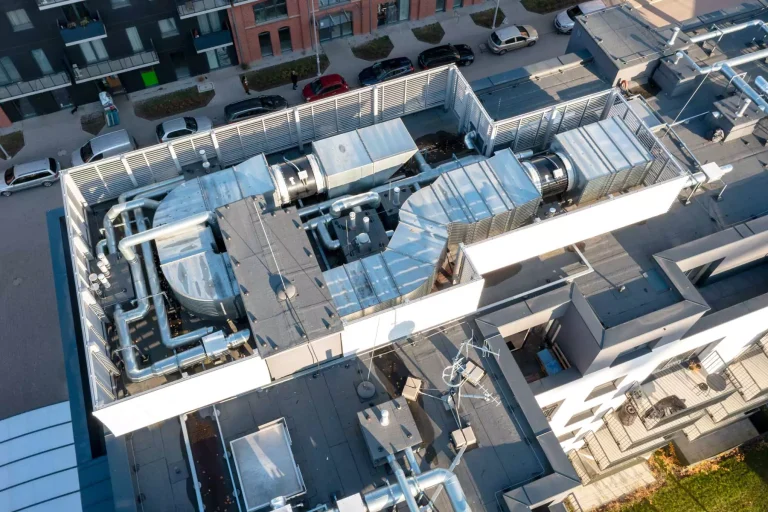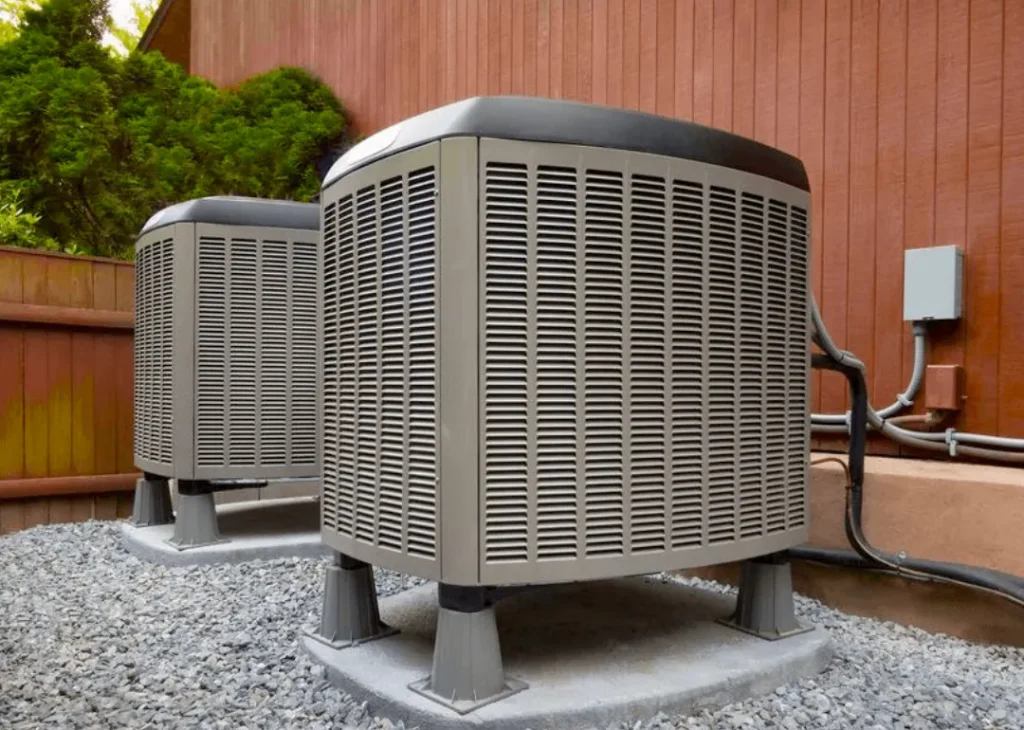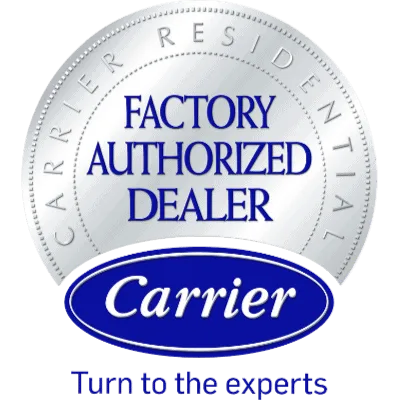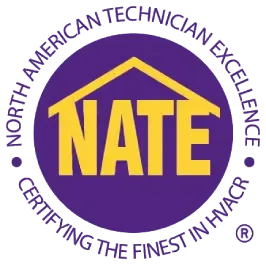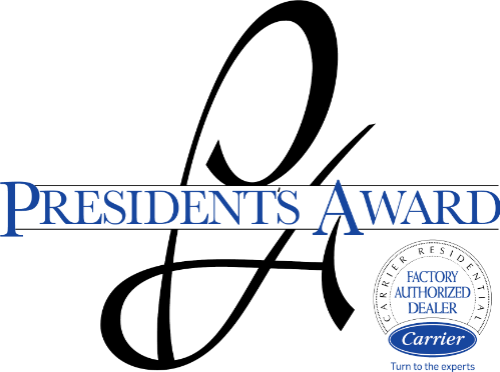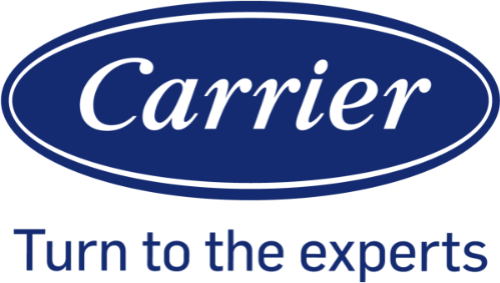Preventive Maintenance Schedules and Protocols
Establishing appropriate maintenance intervals depends on numerous factors including system age, usage patterns, environmental conditions, and equipment type. We typically recommend quarterly inspections for most commercial facilities, though high-demand environments like restaurants, healthcare facilities, or manufacturing plants may benefit from monthly service visits. Our NATE Certified technicians develop customized maintenance schedules that balance thorough care with operational efficiency, ensuring your systems receive attention when needed without disrupting business activities.
During each maintenance visit, we perform comprehensive system evaluations that extend far beyond surface-level checks. Our technicians inspect electrical connections, measure refrigerant levels, test safety controls, analyze combustion efficiency, verify airflow rates, and assess overall system performance against baseline measurements. This data-driven approach allows us to identify potential issues before they escalate into costly repairs or system failures. We maintain detailed service records that help track performance trends over time, enabling predictive maintenance strategies that further reduce unexpected breakdowns.
Critical Components Requiring Regular Attention
Commercial HVAC systems contain numerous components that require regular inspection and maintenance to ensure optimal performance. Air handling units, which distribute conditioned air throughout your facility, need particular attention to prevent efficiency losses and maintain indoor air quality. We inspect and clean evaporator and condenser coils, check belt tension and alignment, lubricate bearings and motors, and verify proper drainage to prevent water damage and microbial growth.
Refrigeration circuits represent another crucial focus area, as improper refrigerant charge or contaminated systems can dramatically reduce efficiency and accelerate component wear. Our maintenance protocols include leak detection, refrigerant level verification, compressor performance testing, and oil analysis to ensure these expensive components operate within design parameters. We also examine control systems, calibrating thermostats, verifying sensor accuracy, and updating programming to reflect seasonal changes or occupancy modifications.
Energy Efficiency and Cost Management Benefits
Regular commercial HVAC maintenance delivers substantial returns through reduced energy consumption and extended equipment life. Industry studies indicate that properly maintained systems consume up to 20% less energy than neglected units, translating to significant utility savings over time. We help businesses throughout Colorado Springs, Cimarron Hills, Briargate, Northgate, Stratmoor, CO, and the greater Colorado area maximize these savings by optimizing system performance, identifying efficiency upgrade opportunities, and providing detailed recommendations for improvements that offer strong return on investment.
Beyond energy savings, preventive maintenance dramatically reduces repair costs by catching minor issues before they cause cascading failures. Emergency service situations, while we handle them promptly when they arise, typically cost significantly more than scheduled maintenance visits. Our free estimates and financing options make it easier to budget for regular maintenance, transforming unpredictable repair expenses into manageable operational costs. This proactive approach aligns with our “See the Advantage” philosophy, delivering heating and cooling services done right while remaining fast, fair, and hassle-free.
Customized Maintenance Programs for Various Industries
Different commercial sectors present unique HVAC challenges requiring specialized maintenance approaches. We serve diverse businesses across the greater Colorado Springs Area, from office buildings and retail spaces to industrial facilities and healthcare centers. Each environment demands specific attention to factors like:
- Air quality standards: Healthcare and laboratory facilities require stringent filtration and pressure control
- Temperature stability: Data centers need precise climate control to protect sensitive equipment
- Humidity management: Manufacturing processes often require specific moisture levels
- Ventilation requirements: Restaurants must manage kitchen exhaust and makeup air systems
- Occupancy variations: Educational facilities experience dramatic usage changes throughout the year
Our maintenance programs adapt to these varying needs, ensuring your specific industry requirements receive appropriate attention while maintaining compliance with relevant regulations and standards. This customized approach maximizes system reliability while supporting your core business operations without interruption.
